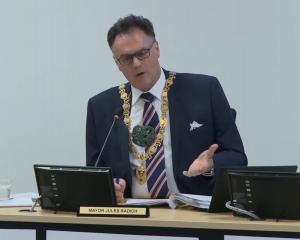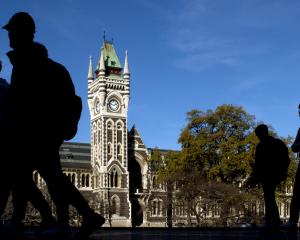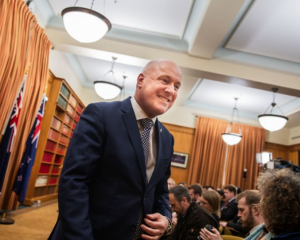Immigration is the latest touchstone on which politicians will rest their political fortunes and the debate this week turned very ugly, unbefitting of those involved.
Net immigration continues to reach new highs and although there may be a levelling off soon, if forecasts are to be believed, current numbers will be maintained through next year.
There are several reasons for the continuation in immigration, not least being the strength of the New Zealand economy as the Australian economy continues to struggle in places.
Australia went from a mining boom in the west to an economy based on the service areas along the east and southern coasts and cities such as Melbourne, Sydney and Brisbane. Economic growth is rising in Australia, but not fast enough to stop many thousands of New Zealanders returning home for jobs and lifestyle.
New Zealand went from a struggling economy to one in which construction is booming, mainly because of natural disasters. The Canterbury rebuild, struggling Auckland infrastructure and the need to build thousands upon thousands of houses demanded rising numbers of engineers and construction workers.
Because of the way the New Zealand economy had been previously structured, the country was in no way prepared to provide anywhere near the number of workers needed for the huge rebuilding and construction projects. Many of those required workers had moved to Australia to take part in the mining boom.
The difficulty politicians now have is how to cope with the rising number of immigrants. New Zealand First leader Winston Peters has been outspoken for many years about immigrants taking the jobs of Kiwis. This week he reached a new low when he singled out two journalists by name and ethnicity for criticism about their use of migrant data.
But Mr Peters has been allowed to reach this particular low point with the help of vague statements made by National and Labour. Immigration Minister Michael Woodhouse intends reworking the criteria for skilled migrants to be allowed entry into New Zealand.
Labour previously caused controversy when it highlighted the large number of Chinese-sounding names on a list of 4000 residential purchases in Auckland, allowing Mr Peters to move even more to the extreme.
Labour leader Andrew Little is now going to wipe thousands off the immigration list but will not say how he can do that without hurting the employers who rely on those very people for survival.
The situation has got out of control and New Zealanders need to have their voices heard. As a nation, we cannot allow immigrants to become targets of hate.
The 130,000 or so New Zealanders unemployed are not going to take many of the jobs on offer unless they retrain, and therein lies the crux of the matter. Without immigrant labour, the Christchurch rebuild would have struggled. New Zealanders are not trained, or do not want to train, for some of the toughest jobs. The job market is buoyant and New Zealand has a low unemployment rate. Wage inflation is negligible because of the number of unfilled jobs.
In the South, high-tech companies need the best and brightest to move here and take up some of the jobs on offer. Currently, some Kiwis have returned to jobs in the thriving tourism businesses. Some are moving to Central Otago to establish their own micro businesses. But we need more. The Otago Chamber of Commerce rightly identified politicians are making New Zealand sound a very unwelcome place.
Politicians have a started a race to the bottom on immigration, buoyed somewhat by events overseas including the election of United States President Donald Trump, and a general move to the right in Europe and the United Kingdom.
This is not just an Auckland problem. It is a problem for all of New Zealand. There are regions crying out for workers but unless immigrants can be encouraged out of Auckland, the economy will become further unbalanced. That is the debate we should be having.












